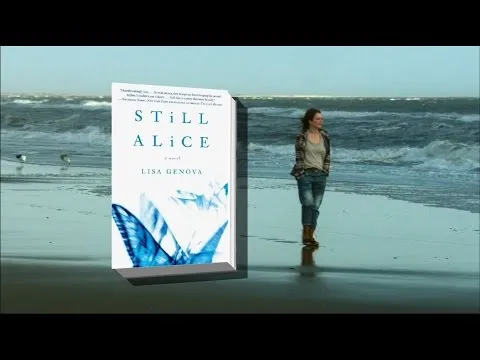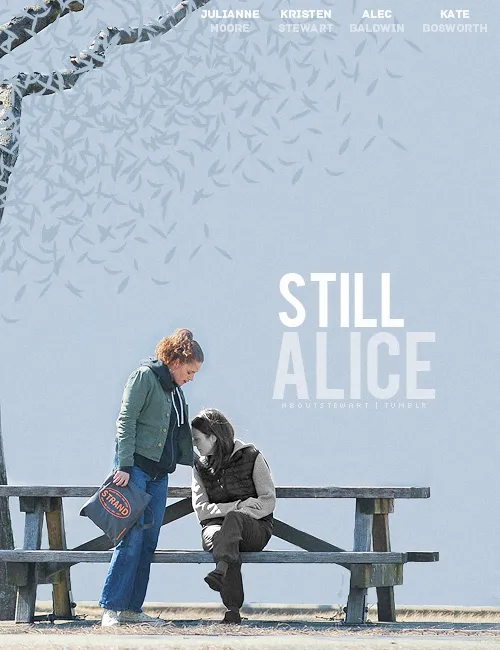
Source
Every once in a while, a film doesn’t just portray a disease—it becomes the quiet echo of something we’ve all feared but rarely name: the slow erasure of identity. Still Alice hit me there. Not just because of Alzheimer’s, or the slow-burning tragedy of a brilliant mind dissolving—but because of the chasm between a mother who once had everything to say and a daughter who grew up believing she was never truly heard. Watching it felt less like observing a character’s decline and more like confronting the parts of ourselves that have always been at risk of vanishing.
Beneath the medical terminology and the heartbreaking progression, there’s a story about recognition—not the kind you find in mirrors or names, but the kind that either binds or breaks families. Alice, once towering in her intellect, begins to falter, and with her, the carefully balanced dynamics of her family begin to shake. But it’s with Lydia, her youngest daughter, that something rare and quietly explosive happens. They’ve always clashed: Alice the academic, Lydia the dreamer. A mother who thinks in structures and citations, a daughter who leans into ambiguity and art. And yet, when words start slipping, what’s left is something more honest than they’ve ever shared.
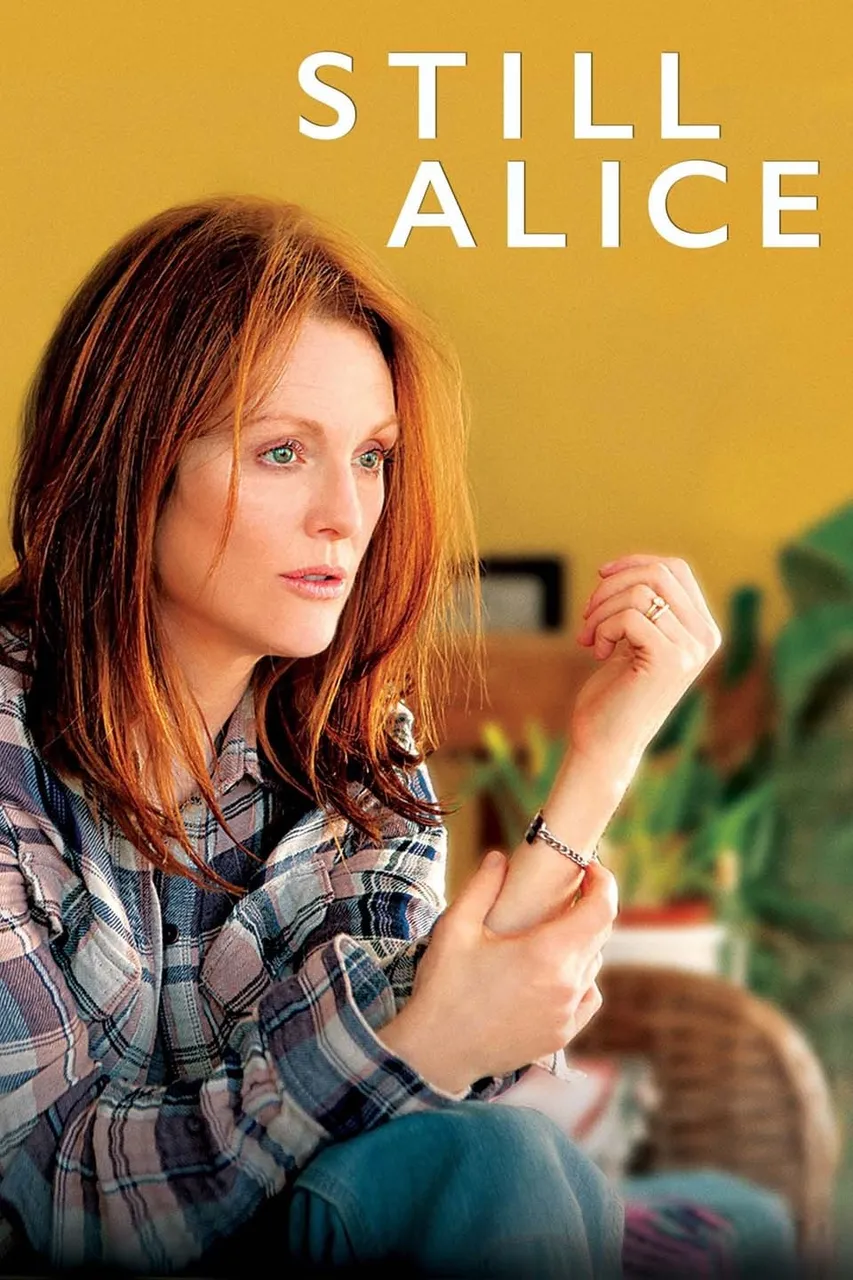
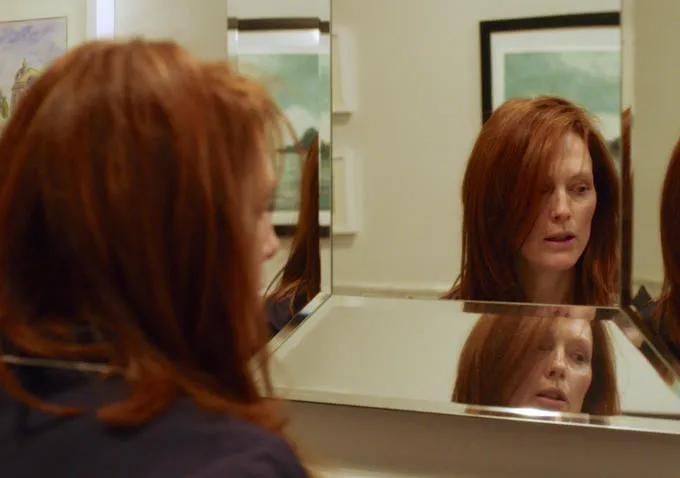
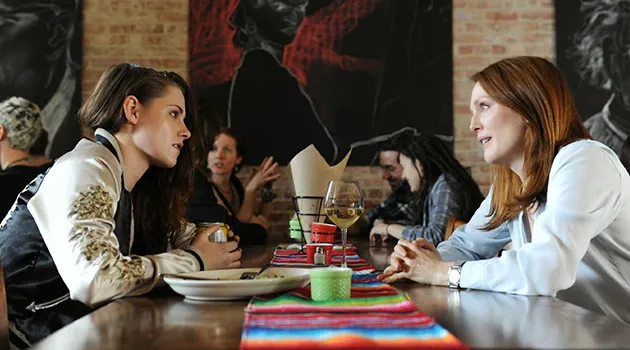
Source
Contrast is what makes their scenes stand out. While other family members seem to mourn the version of Alice they’ve lost, Lydia leans into the unknown, as if—somehow—this unraveling is the first time her mother has seen her. It made me wonder how many of us have lived entire lives trying to be noticed by someone we love. How often do children resign themselves to being “the difficult one,” when really they were just different in ways that didn’t fit the parent’s expectations? That aching gap between intention and understanding—that’s the quiet devastation at the center of this film.
Even though the cinematography is subtle and the narrative linear, the emotional undertow is relentless. I kept thinking about how memory shapes our relationships. When memory falters, are we allowed to rewrite what was always broken? Or does forgetting become a kind of forgiveness? There’s this beautifully devastating moment when Alice, in a flicker of lucidity, tells Lydia that she has a gift. And it’s such a small thing—an everyday phrase—but for Lydia, it lands like a revelation. Finally, her mother sees her. Or at least, the version of Alice that remains does. And somehow, that’s enough.
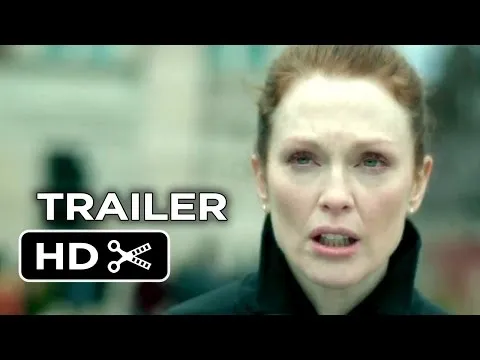
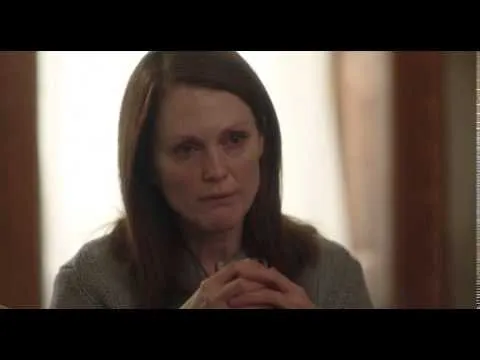
Years from now, I probably won’t remember all the scenes, or the score, or even the exact lines. But I’ll remember how I felt watching Still Alice. Like I was sitting with ghosts—not just of memory, but of what could have been. And in a strange, haunting way, I left the film grateful. Not because it offered answers or catharsis, but because it reminded me that even fractured connections can hold moments of deep truth. And that sometimes, the love we’ve spent a lifetime chasing comes quietly, in the end, when everything else has been stripped away.
